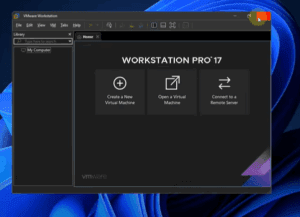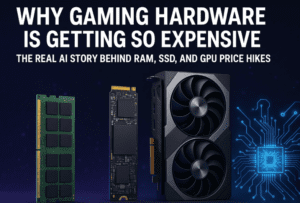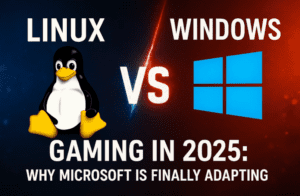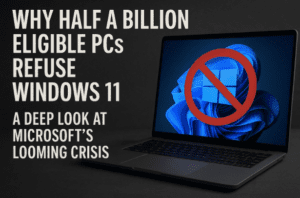Choosing the right processor is a crucial decision that directly impacts your system’s performance, whether you are a gamer, a professional, or a casual user. This article will guide you through four key factors to consider when selecting a processor, ensuring you make an informed decision.

1. Budget Considerations
The first factor that comes to mind when selecting a processor is the budget. Many users hesitate to choose between Intel and AMD, worrying about the price difference. However, in today’s market, the cost difference between AMD and Intel processors is minimal, usually ranging between a few hundred to a few thousand rupees.
If you are on a tight budget, both Intel and AMD offer options that provide great value for money. It’s important to analyze your needs and invest accordingly, rather than choosing based on brand preference alone.
2. Performance Requirements
Performance is a critical aspect when selecting a processor. The right choice depends on your primary use case:
- Gaming & High-Performance Tasks: If you are into gaming or perform tasks that require high multitasking, such as 3D rendering, video editing, or running multiple software simultaneously, an AMD processor is a better choice. AMD processors generally excel in multi-core performance, making them ideal for such demanding tasks.
- Office Work & Everyday Tasks: If your work involves general office tasks, such as using Microsoft Office, basic photo editing, or coding, Intel processors are a great option. Intel chips offer better single-core performance, making them efficient for tasks that do not require multiple cores.
3. Heating Issues and System Cooling
One of the major concerns with processors is heating issues. Every processor generates heat, but how well the system dissipates it determines its efficiency.
- AMD Processors: While AMD has improved its thermal management, older generations of AMD processors tend to heat up more compared to Intel. If you are planning to build a high-performance PC with an AMD processor, ensure you have a good cooling system in place, such as additional cooling fans or a liquid cooling setup.
- Intel Processors: Intel processors generally have lower heat output, making them a more stable choice for regular users who do not want to invest in additional cooling solutions. If your work involves long hours of processing tasks, an Intel CPU might provide better thermal efficiency.
4. Upgradeability and Future-Proofing
When building or purchasing a system, upgradeability is an important factor to consider.
- Intel Motherboards & Processors: Intel processors often require a motherboard upgrade when switching to a newer generation. For example, an 8th or 9th generation Intel processor might not be compatible with a motherboard designed for the 10th or 11th generation. This limits upgrade flexibility.
- AMD Motherboards & Processors: AMD motherboards generally offer better longevity in terms of upgradeability. AMD’s AM4 socket, for instance, supports multiple generations of processors, allowing users to upgrade their CPUs without changing the motherboard. This makes AMD a better option for future-proofing.
Final Verdict: Which Processor Should You Choose?
- If you are into gaming, high-performance tasks, or multitasking, AMD processors are a great choice.
- If you require a processor for office work, general productivity, or low-heat operations, Intel processors are more suitable.
- If you want a system with better upgradeability, AMD motherboards offer more flexibility.
- If thermal efficiency is a concern and you do not want additional cooling solutions, Intel processors are a safer bet.
Choosing the right processor depends on your needs, budget, and the type of tasks you perform daily. With this guide, you can now make an informed decision and select a processor that best suits your requirements.
Tags:
processor selection, Intel vs AMD, best processor for gaming, best processor for office work, CPU performance, budget processors, high-performance processors, cooling solutions, processor upgrade, future-proofing CPUs
Hashtags:
#ProcessorSelection #IntelVsAMD #BestProcessor #GamingPC #OfficePC #CPUPerformance #BudgetPC #CoolingSolutions #FutureProofing #TechGuide


















